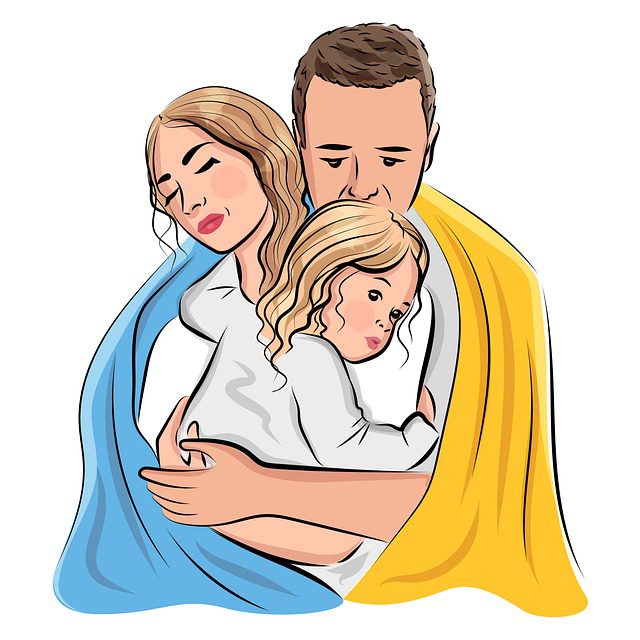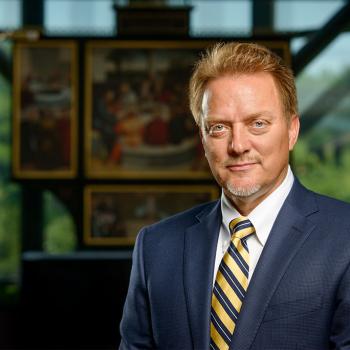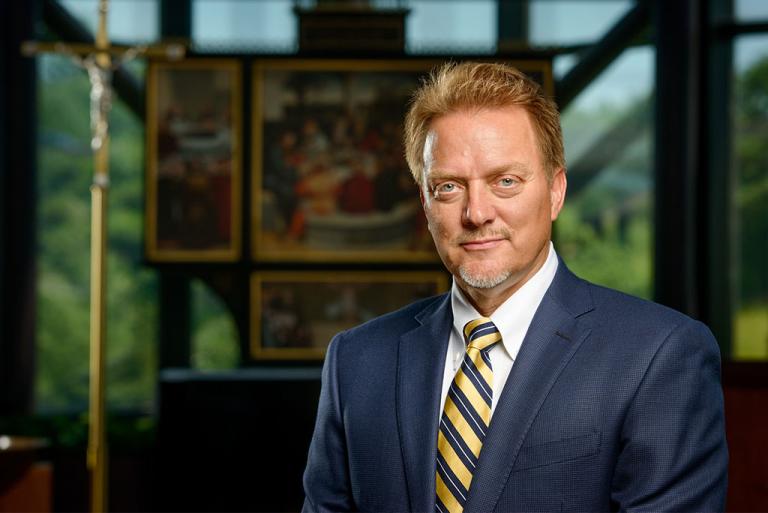Yesterday we blogged about a just-released book entitled
In Daniel Darling’s review of the book for World Magazine, he focused on the curious phenomenon of believing, orthodox evangelicals who have just stopped going to church. According to the research, the reasons are neither political nor theological. The reasons they give are more “pedestrian,” basically that for whatever reason–COVID, some change in their lives–they just got out of the habit.
But why haven’t they resumed the habit? Why has church become so unimportant to them that they no longer find it to be a necessary part of their faith?
I have argued that part of the problem might be that evangelicalism has created the impression that church is unnecessary. What’s important is an individual’s “personal relationship with Jesus Christ.” Furthermore, individuals are taught that all Christians can interpret the Bible for themselves. This doesn’t cause evangelicals to leave church, but it certainly gives them permission to do so. This contrasts with the more traditional understanding that Christians need to hear God’s Word and receive the Sacraments continually, in fellowship with other Christians led by a called, prepared, and ordained pastor in order to stay and grow in their faith.
But I think other factors are also giving committed Christians, along with everyone else, the permission to sleep in on Sundays.
As is well-documented, the last few decades, church attendance and affiliation have dropped dramatically. Over those same decades, evangelical congregations have changed dramatically. It’s time to consider whether or not those changes have contributed to the decline.
I recently came across the statistic that 70% of American Christians attend only 10% of the churches. The last few decades have been the era of the megachurch. Even small churches have adopted the megachurch model, adopting contemporary worship, missional strategies, preaching styles, and other elements of the church growth movement. These changes have been pervasive across the whole spectrum of contemporary Christianity.
I do not wish to reignite the worship wars. I am not denying that these changes have been popular. And in many cases these changes have been successful in growing very large congregations. I just think it’s fair to ask, is there anything about these changes that might make Christians less committed to going to church?
Certainly, one church growth tactic that many churches have adopted is to do away with “membership” altogether. People today aren’t “joiners,” we are told, so it’s best not to require people in the pews to make a formal commitment so that they “belong” to the congregation. I’m curious how this arrangement shows up in the “affiliation” statistics.
But I have seen evidence that, even in megachurches that do have membership, there is a great deal of turnover in the people who attend.
Most of those who attend megachurches, for all of their focus on “seekers,” are not new converts to Christianity–though I praise God for those who are–but, rather, Christians who have left other churches. Sometimes, I am told, these are small churches and sometimes they are other megachurches.
Does this create a habit of transience that weakens Christians’ tie to church? Could this be a factor in the rise of “non-worshipping evangelicals”?
The church growth model is, again, highly oriented to “seekers.” The emphasis on evangelism is very much to its credit. The aim is to make converts. That focus on new Christians can be salutary. But for Christians who have known Christ for a long time, though they might at first appreciate the evangelistic atmosphere, after awhile, it might seem like there is not much there for them that they haven’t already heard over and over again.
Whereas, traditionally, church was oriented to the entire lives of its members, geared to their spiritual growth and sanctification. For us Lutherans, the Christian life begins with Baptism, even for an infant, proceeding through catechesis, confirmation of faith, and all the passages of life–marriage, having children, catechizing one’s children, working in vocation, getting old, dying–and at every moment we continue to have recourse to the Law and the Gospel, the forgiveness of the various sins we commit at every stage, and a growing and deepening knowledge of Our Savior.
Does contemporary worship, with its reliance on popular musical styles, also contribute to the growth in “non-worshipping evangelicals”? Not that many people are getting angry and leaving the church because they don’t like or approve of this new music. On the contrary, they do like it. But the very nature of pop music–understand, this is not a criticism, but a description of what it has to be–is to be of the moment. One pop style must be succeeded by another pop style, as relatively simple aesthetic forms are exhausted and new ones come into fashion and take their place. This happens because listeners get tired of music they once loved and constantly need something new. Some churches stick with the praise songs of the last century, while others work hard to stay up to date. Either way, what a church goer who attends a congregation for a relatively long time will pick up is one of transience.
To complicate matters, popular music today is highly segmented and compartmentalized. There is no longer one style that appeals even to a single age group. In virtually any group of teenagers, you will find a multitude of different musical tastes (techno, house, electropop, hard rock, soft rock, hip hop–this source lists 75). And privileging one style alienates the fans of other styles. As a result, it has become hard to hold people in congregations by means of “popular” styles of music.
Whereas, traditionally, church music was its own style–unconnected to what people listened to at home and representative of no particular group, other than the church itself. And the lyrics of the hymns and gospel songs, as well as the multi-part melodies, exemplified a classical aesthetic, designed not just for a “moment” but for all time, expressing universal and inexhaustible truths and emotions.
To be sure, the megachurches are still mega, even though total church attendance is plummeting. How do we account for that contradiction?
Yes, traditional congregations are losing members too. There are many reasons for that, as The Great Dechurching shows, including people no longer believing what these churches are teaching. But are they losing members who still “affirm orthodox Christian beliefs” but just don’t want to go to worship services anymore? I don’t know. I’d like to see some research on this.
But it is surely fair to assess the changes that have been made to church. They certainly have not stopped the decline in the number of people going to church. The question is whether they have contributed to it.
Photo: Lakewood Church by ToBeDaniel at Italian Wikipedia., CC BY 3.0 <https://creativecommons.org/licenses/by/3.0>, via Wikimedia Commons



















